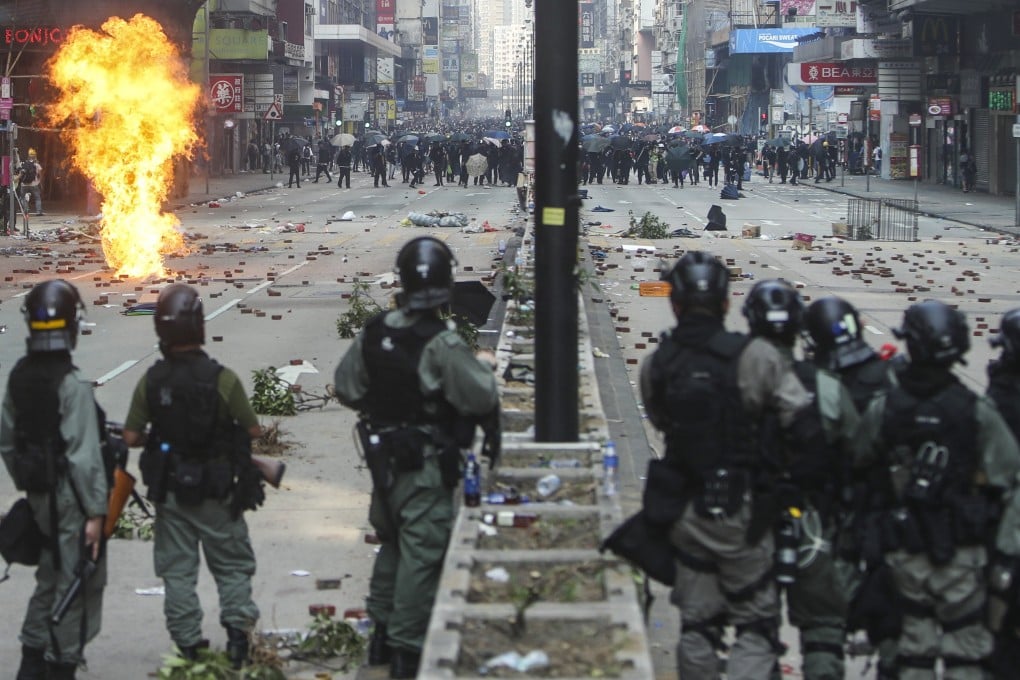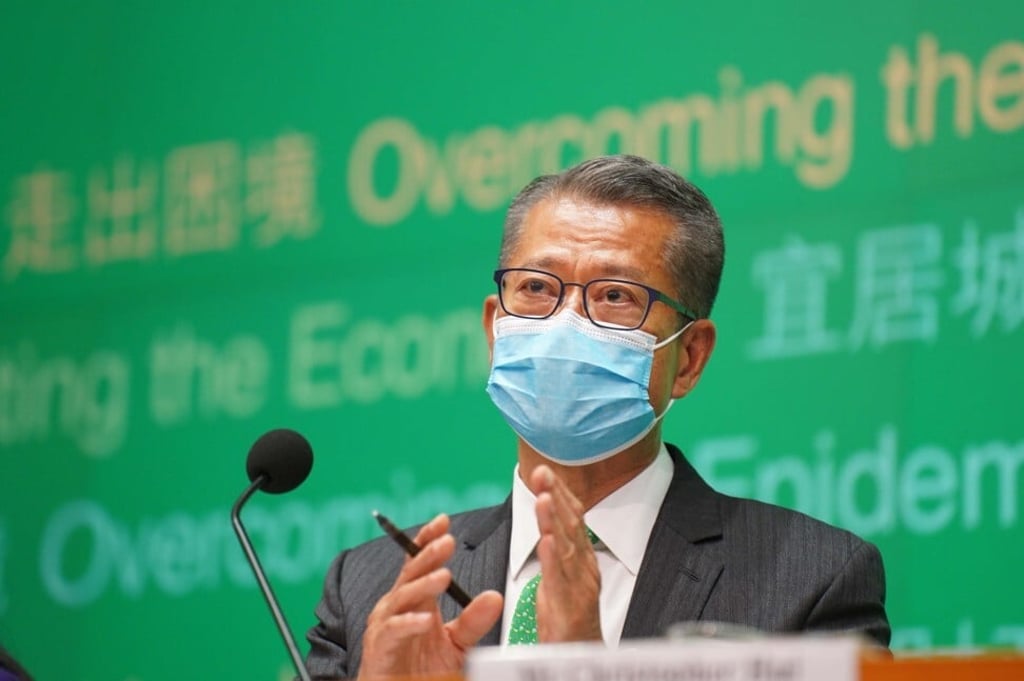Advertisement
Hong Kong elections reform: Beijing shake-up designed to stop separatist and foreign forces infiltrating city’s administration, top official says
- Finance chief Paul Chan says the changes are needed for ‘rectifying the deficiencies and plugging the loopholes’ of the current electoral frameworks
- Beijing is forging ahead with reforming Hong Kong’s legislature and the Election Committee that selects the city’s chief executive
Reading Time:3 minutes
Why you can trust SCMP
25

Beijing’s drastic planned shake-up of the Hong Kong elections system is designed to prevent separatists or foreign agents from infiltrating the administration of the city, while restoring stability after the chaos of recent years, according to the finance minister.
Paul Chan Mo-po said on Sunday that the central government’s plan also aimed to fix the problems embedded within the current arrangements for city polls.
“The reforms are for rectifying the deficiencies and plugging the loopholes of the existing electoral systems, preventing the separatist forces or foreign agents from infiltrating into Hong Kong’s governing structures, or using this platform to endanger national, and Hong Kong’s, security and benefits,” the city’s financial secretary wrote in his official blog.
Advertisement
“Alongside the national security law enacted last year, the National People’s Congress (NPC), through combination punches, has enabled Hong Kong to tackle many problems concerning the constitutional order as well as the social turmoil.”

Advertisement
NPC Standing Committee chairman Li Zhanshu last week used the phrase “combination punches” when describing the proposed reforms, which would mark the biggest shake-up of Hong Kong’s elections system since the city’s handover from British to Chinese sovereignty in 1997.
Advertisement
Select Voice
Select Speed
1.00x